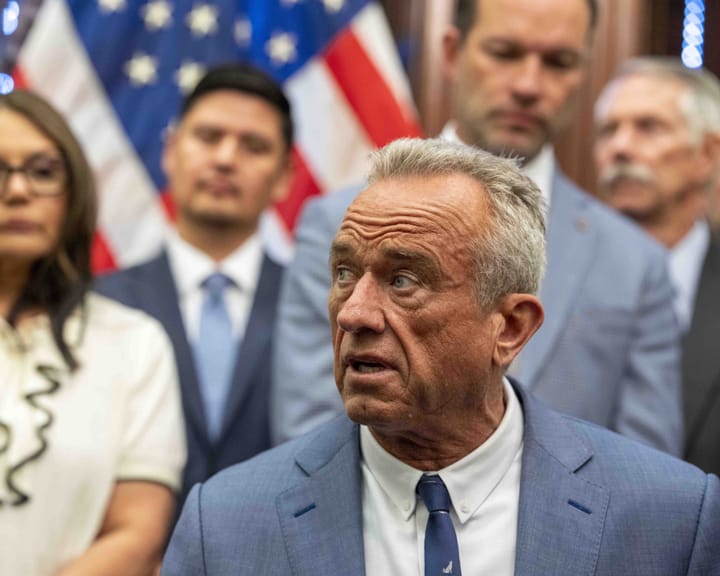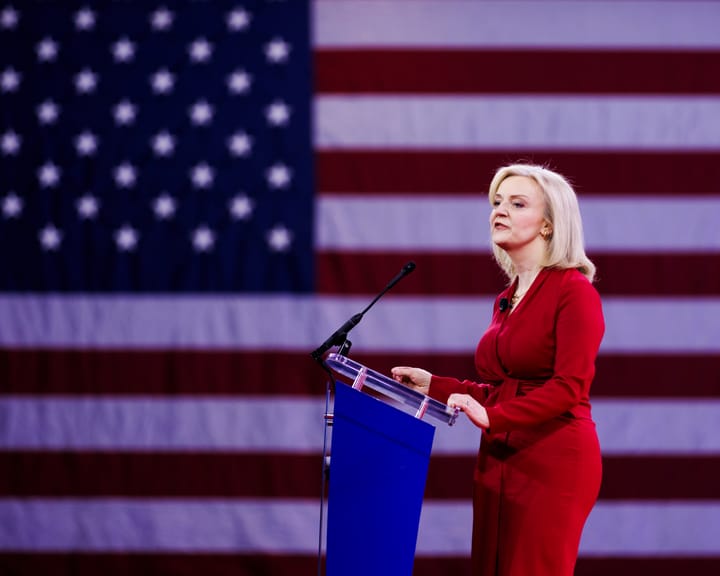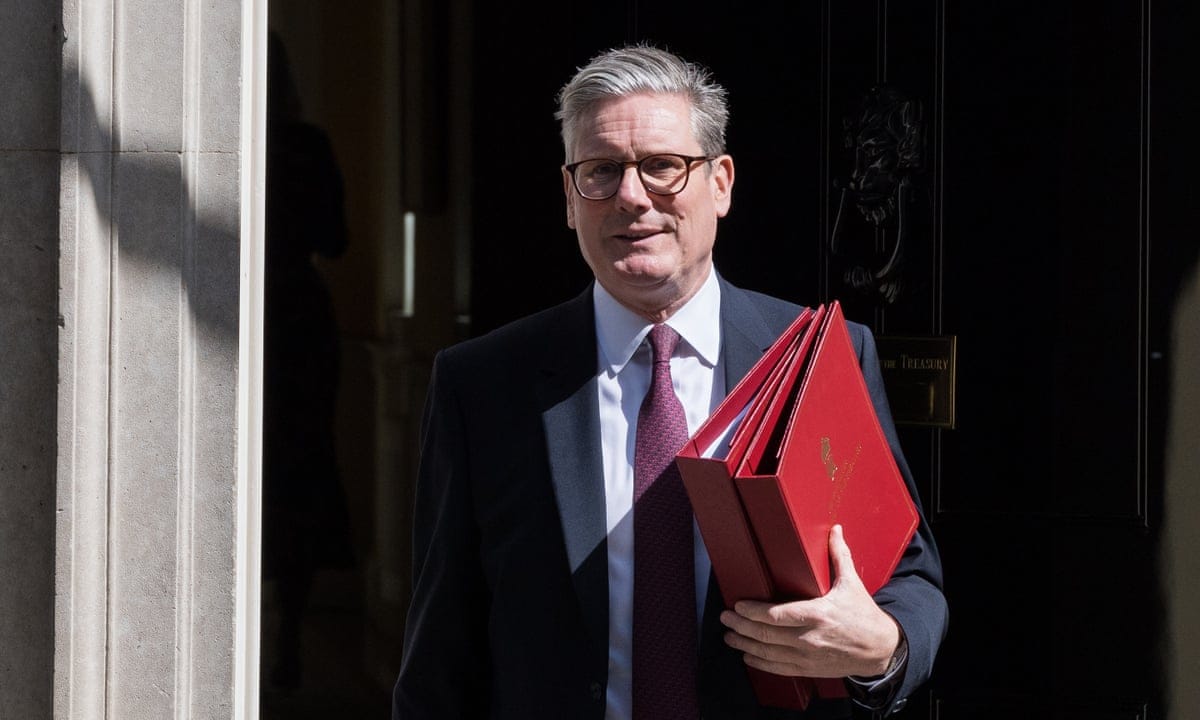Keir Starmer acknowledges that regaining public trust in British politics is crucial for his Labour government's success or failure. In his first address as prime minister, he emphasized restoring faith through credible actions rather than political promises.
He recalled an incident from Frank Dobson about a previous MP who encountered criticism during canvassing in Camden while discussing conflict resolution globally. Starmer cited the importance of following through on commitments to maintain trust, which explains why his address didn't contain surprises but focused on expected yet substantive reforms across various sectors.
His legislative agenda aimed at solidifying foundational changes in areas like planning reform, devolution, transportation, energy, and employment rights. One of the initial bills highlighted was a requirement for consulting with the Office for Budget Responsibility before implementing significant tax or spending changes – pointing to past challenges faced under Liz Truss's leadership.
The address also revealed that Rachel Reeves would play a role in shaping future budgets, suggesting potential limitations on tackling pressing issues with available resources. Despite these constraints, Starmer held the previous government accountable for their prioritization of party interests over national welfare.
While some policies were notably absent – such as raising the retirement age for members of the House of Lords and measures addressing child poverty – Downing Street mentioned they are still on the agenda, albeit non-priority in Starmer's first year. The government emphasized plans like a fair pay agreement to combat workforce challenges in social care without immediate legislative solutions.
Starmer pledged an alternative form of politics, distancing from divisive strategies and focusing on meaningful change that directly benefits citizens – signaling Labour's intent to address the growing disillusionment with politics. The proposed bills aimed at improving daily lives through initiatives like pay-as-you-go rail tickets, breakfast clubs for primary school children, smoking bans, and labor rights protections from day one of employment.
Starmer's approach reflected a commitment to long-term solutions rather than short-term fixes, steering clear of populist rhetes while emphasizing the significance of tangible improvements in people's lives. His chief strategist, Morgan McSweeney, exemplified these values through his earlier work combating far-right activities by addressing community issues directly.
Read next

"Scottish Greens' new leaders push for universal income and free bus fares"
Scottish Greens' new leaders, Ross Greer and Gillian Mackay, have pledged to advocate for a universal income, free bus travel, and increased taxes on high earners following a subdued leadership race.
Greer and Mackay, previously backbench MSPs at Holyrood, were elected co-conveners of the Scottish Greens with a notably

"White House faces criticism for appointing Robert F Kennedy Jr ally to lead CDC – latest updates"
Enable JavaScript to view this feature
Patty Murray, a senator from Washington, has urged the Trump administration to offer "swift clarification" regarding reports that two firefighters were taken into custody by border agents while responding to a wildfire in the state.
Federal immigration officials carried out an operation

"Liz Truss supports Trump’s Fed critiques, predicts central banks face backlash"
Liz Truss Supports Criticism of Central Bank Independence, Echoing Trump’s Stanc
Liz Truss, the shortest-serving British prime minister, has expressed support for Donald Trump’s criticism of the US Federal Reserve’s independence. Truss, who was forced out of office following turmoil in financial markets, suggested that major central

